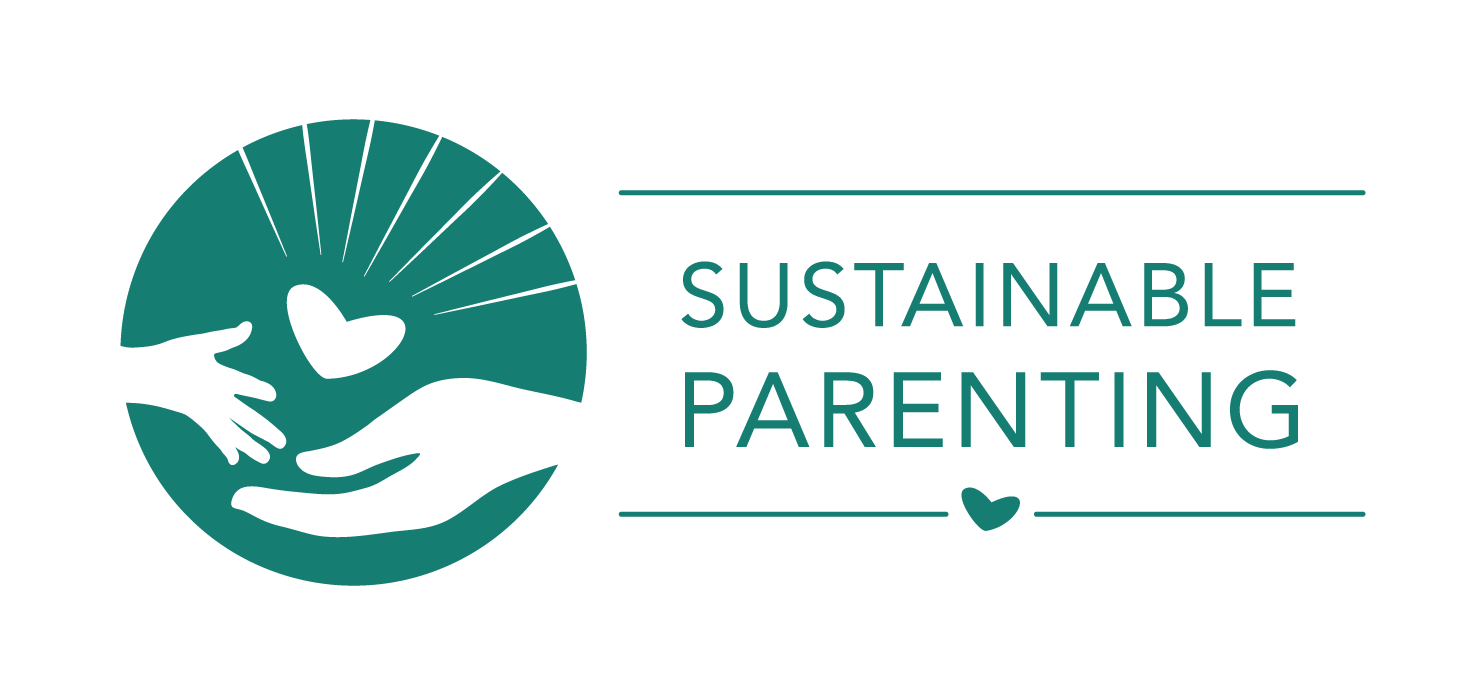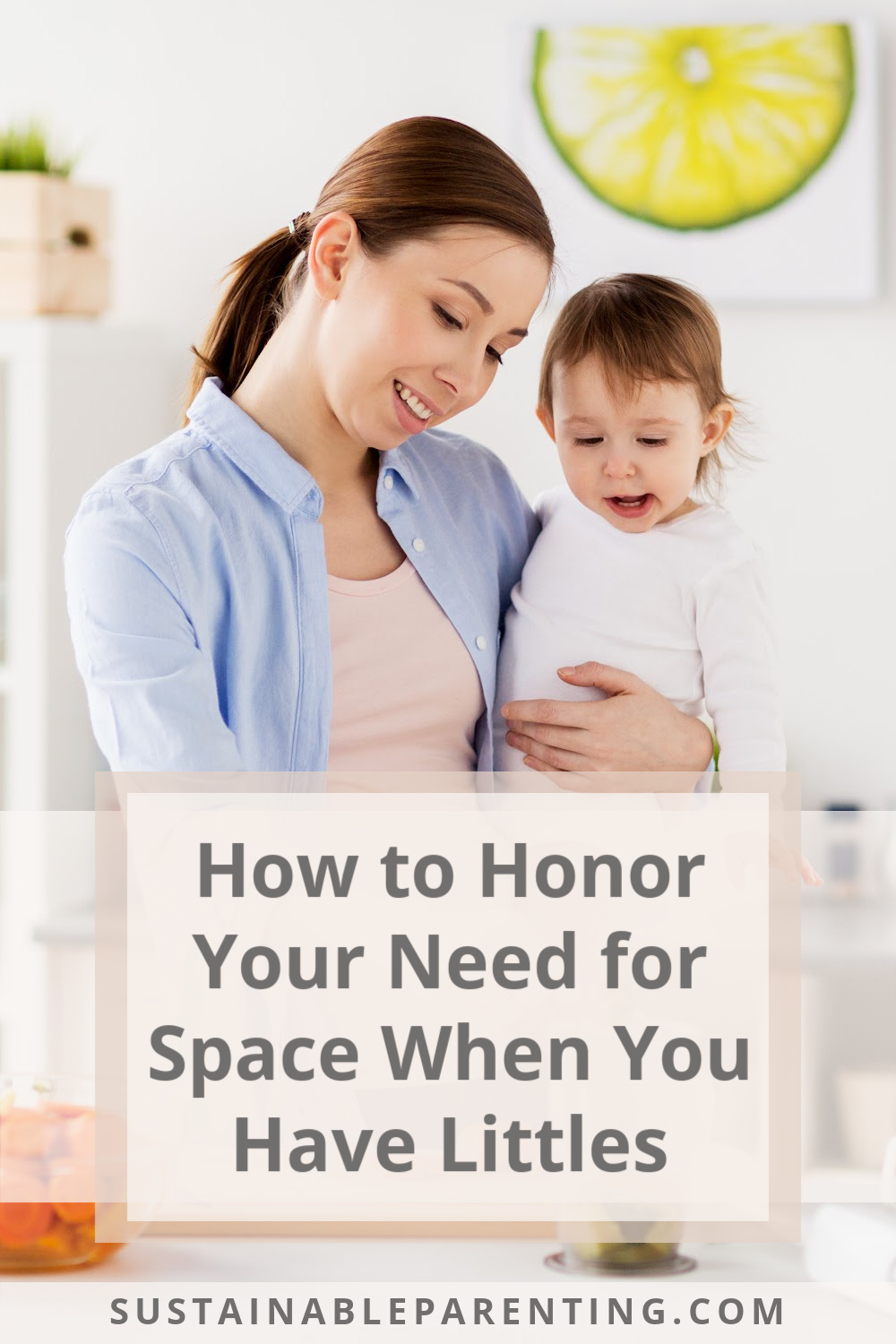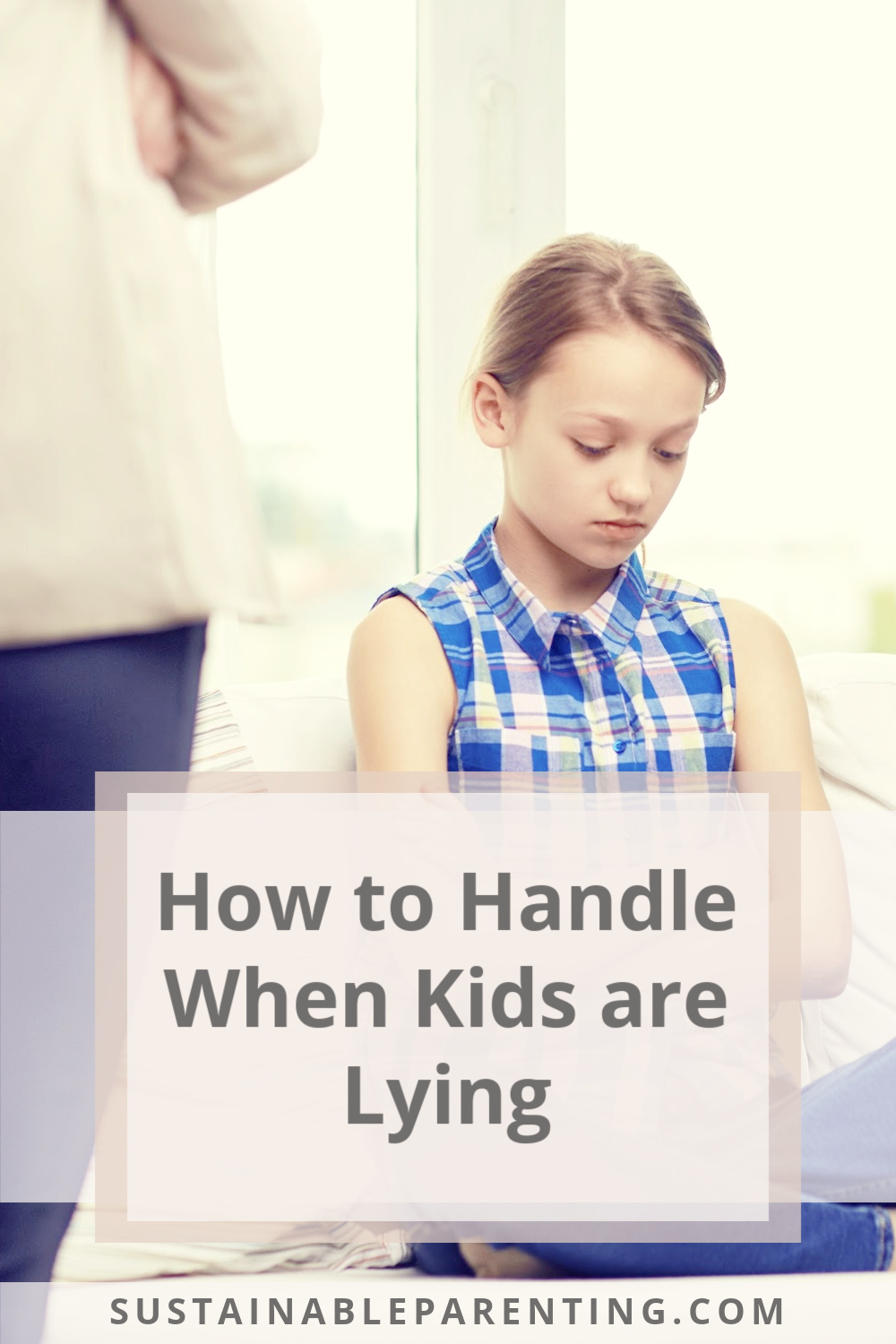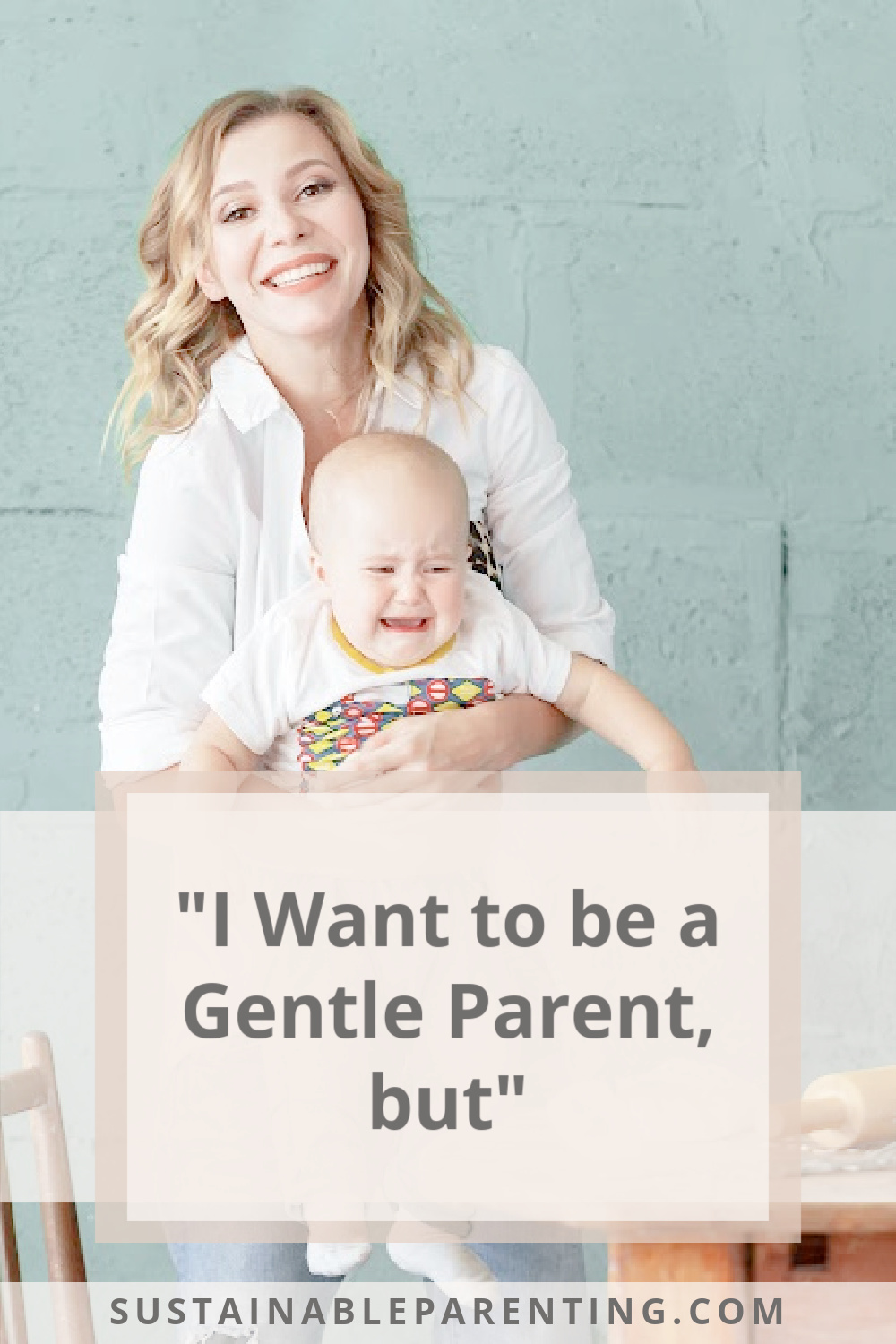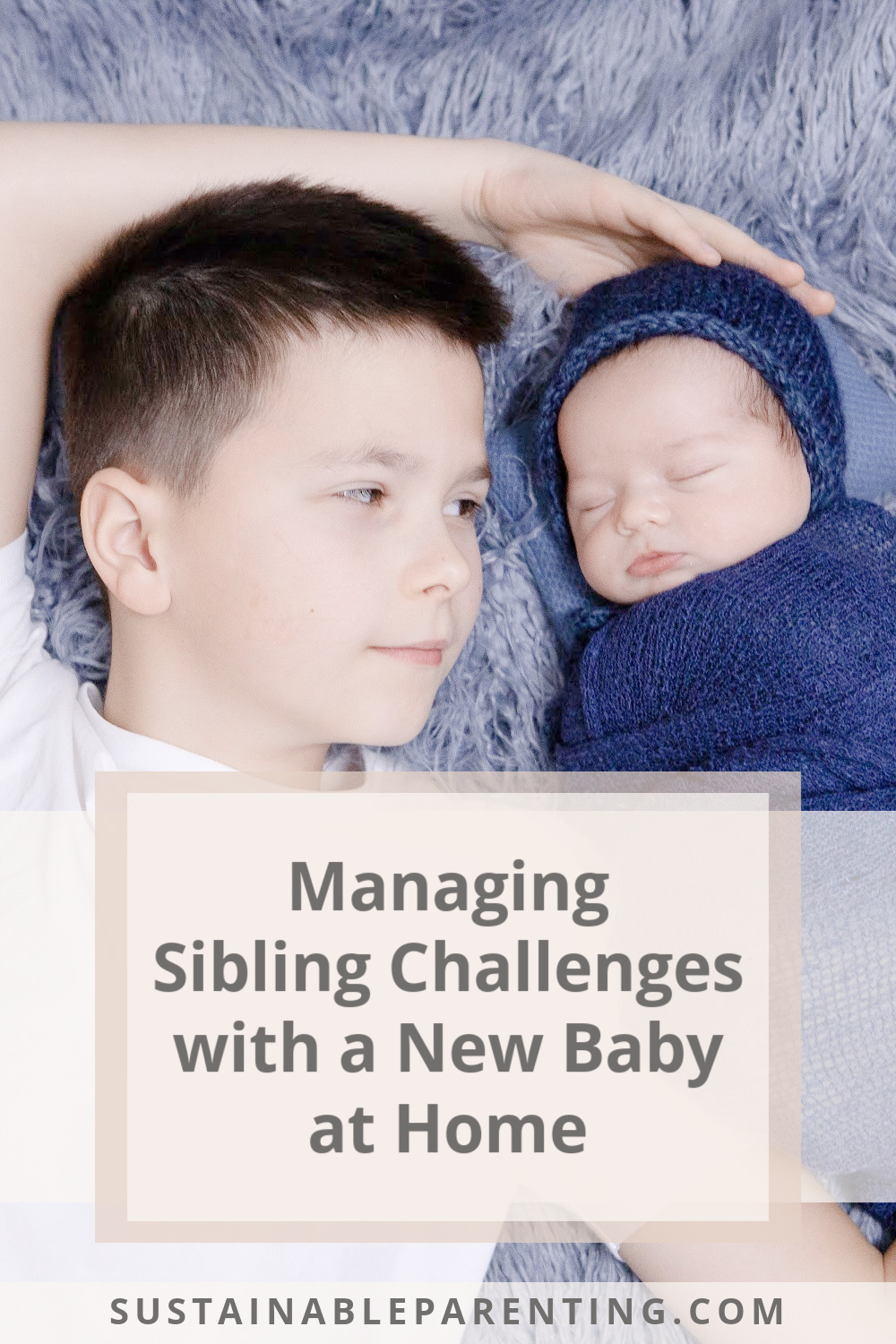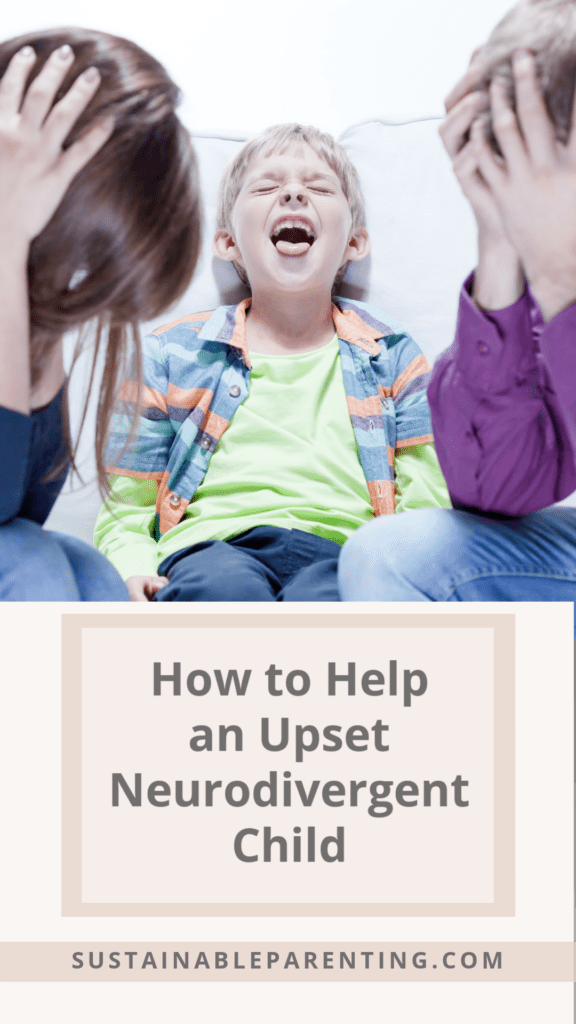
When a neurodivergent child gets upset, we may easily make the error of assuming that an explanation is the best pathway towards helping the child calm down (just because they are a highly intelligent child). However, with all kids (and especially heightened in most neurodivergent kids), the “logic” part of the brain is not what is activated in their moments of upset. Simply put – in those moments, they don’t have access to their highly intelligent “reason mode.”
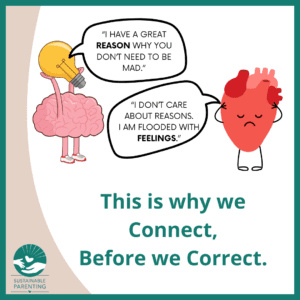
Instead, the child is likely experiencing a challenge with trying to navigate physical reactions that he doesn’t feel equipped to understand and/or control. His feelings are very physical. So trying to reason with him at that point is like using a wrench to fix a light bulb—it just doesn’t fit. So, what’s the game-changer? Recognizing that no amount of logic can magically pull a child out of an emotional whirlwind.
Here’s a simple, yet powerful strategy:
When your neurodivergent child is overwhelmed by emotions, focus on calming those emotions with validation and physical emotion-regulation tools.
1. Start by acknowledging and naming your child’s feelings first. Ie. “You seem (feeling word)” or “You seem frustrated right now.”
2. Provide tools for emotional regulation that are focused on the body and have nothing to do with convincing him to calm down or to not blame others.
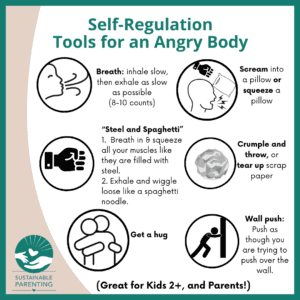
Once the physical storm subsides, you can guide them through logical solutions or pivot to a focus on something else. Those options can sounds like:
- Asking: “What can we do to make this better?” “What can we do to solve this?”
- Distraction/Redirection: “Do you wanna run or skip while we hold hands, to get to the car?”
- When/Then: “When…(thing that needs to get done)…Then… (thing that can happen after).”
You can learn more on this topic, in our Sustainable Parenting Podcast episode: Why typical strategies don’t work with a Neurodivergent Child.
If you’re unsure how to implement this strategy with your child, feel free to reach out for some more direct parent coaching with me, or another psychotherapists or occupational therapist in your community, who specialize in helping with this kind of social-emotional skill-building.

